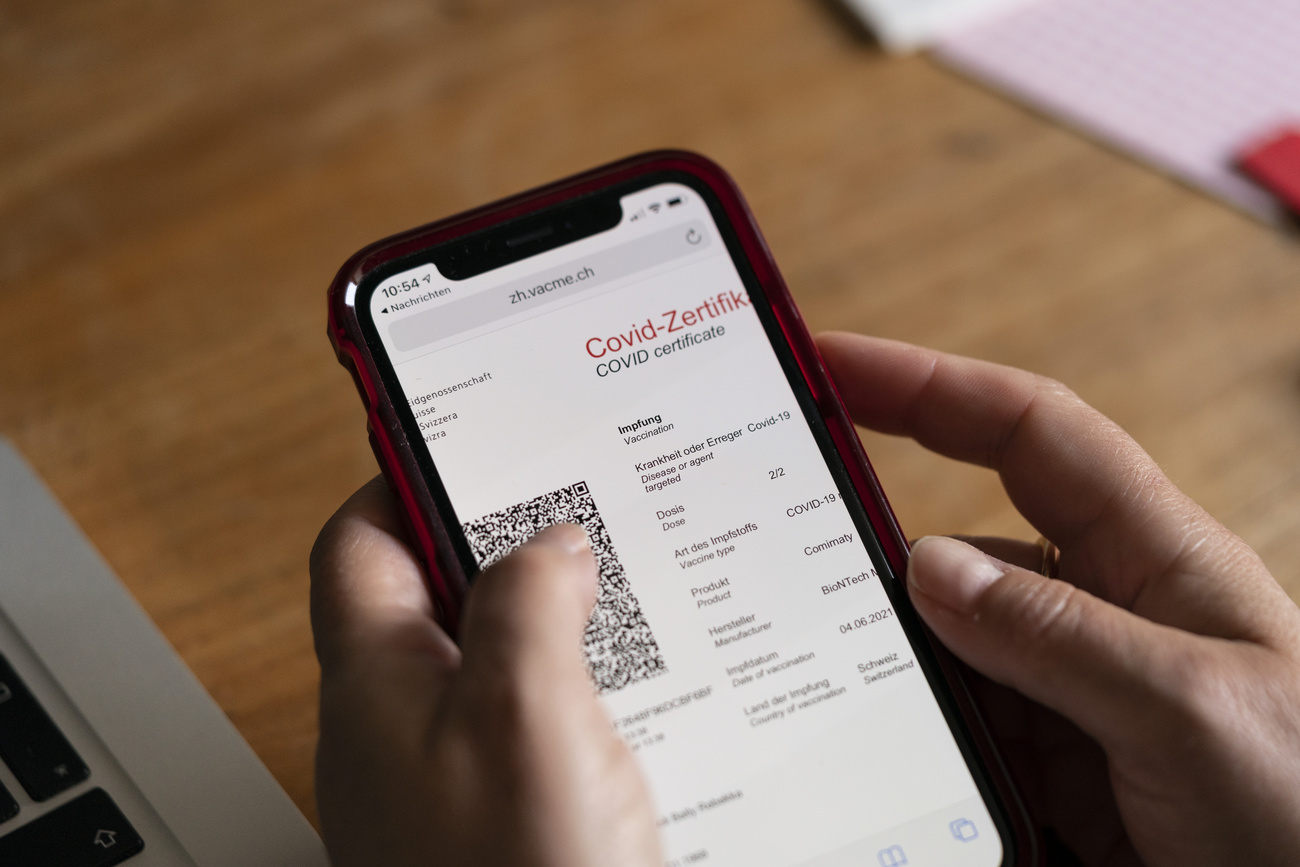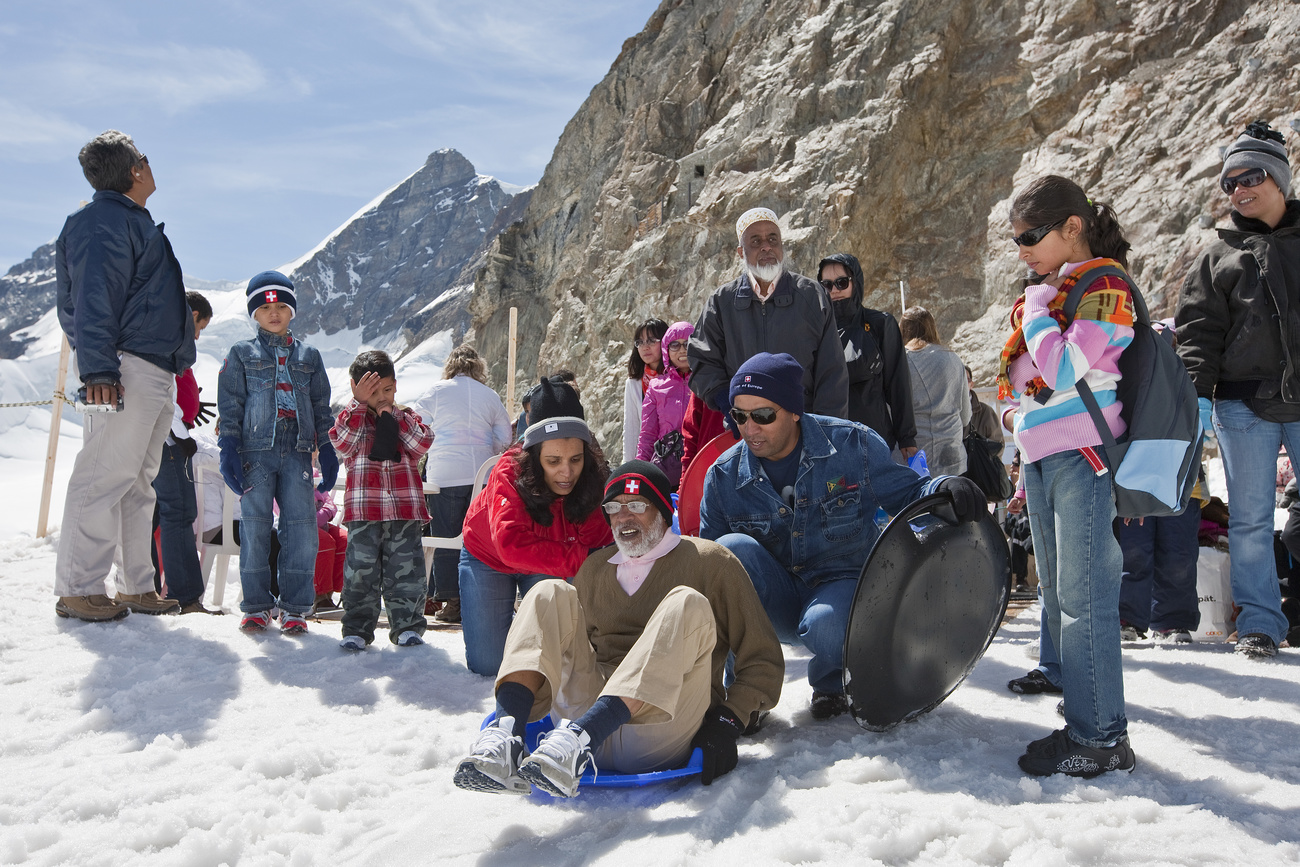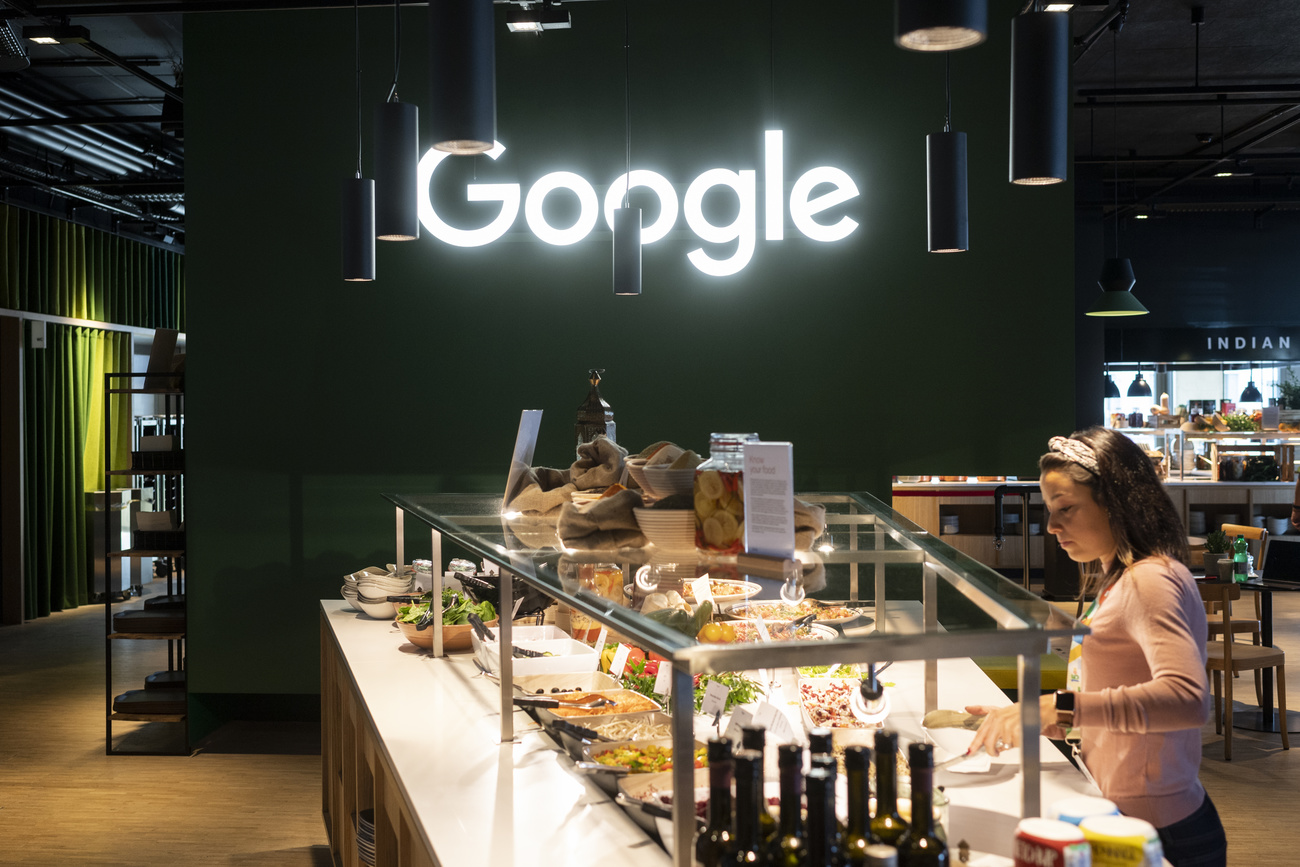
Swiss Covid certificate draws boundaries

Starting Monday Switzerland requires a Covid certificate for all indoor activities. Where does this leave those vaccinated with vaccines not recognised by Switzerland?
As of Monday, a Covid certificate will be compulsory to attend all indoor activities in Switzerland, creating a “two-class society”; a situation many have feared. Franz Muheim is one of those affected. He lives in Scotland and received his AstraZeneca Covid-19 vaccine there. He is currently travelling in Switzerland and can’t apply for the Covid pass. Switzerland only recognises vaccines developed by Pfizer/BioNtech, Moderna and Johnson & Johnson. Those vaccinated with AstraZeneca, Sinovac, Sputnik and Sinopharm among others will have to show a negative PCR or antigen Covid-19 test if they wish to dine out or go to a museum.
The Organisation of the Swiss Abroad (OSA) has already called on the government to include all vaccines that have been recognised by the World Health Organisation (WHO) into the Swiss certificate. This would include the AstraZeneca, Sinopharm and Sinovac vaccines. Switzerland Tourism, the lobby of Swiss hoteliers and restaurants, has also warned that the Swiss Covid certificate would create a problem for tourists.
In the medium term, the Federal Office of Public Health (FOPH) announced that everyone who has received a vaccine approved by the European Medicines Agency (EMA) should be able to obtain a valid certificate. This means that at some point, people who have received the AstraZeneca vaccine will probably be able to circulate freely in Switzerland. When this will happen, however, remains unclear. The cantons have until this Tuesday to comment on the matter.
As for those who have received other vaccines not yet recognised by the European agency, but recognised by the WHO, they will be treated like an unvaccinated person in Switzerland, at least for now. “Access to the certificate should not be extended to all WHO vaccines,” indicates theFederal Office of Public Health.
So far, the Federal Council has not responded to the OSA’s request to include all WHO recognised vaccines in the Swiss certificate.
“The government’s latest steps are going in the right direction. We’ll keep at it,” says Ariane Rustichelli, director of the Organisation of the Swiss Abroad.
More
Local opposition
The gastronomy and tourism industry are up in arms about the current plans. Tourism experts warn that from Monday, overseas tourists will have to dine in their hotel rooms, in a separate space or be tested every three days. Currently, anyone traveling to Switzerland is eligible to take rapid COVID-19 tests for free until September 30.
“There will be tourists from countries that won’t travel to Switzerland at all,” commented Andreas Züllig, president of Hotelleriesuisse in the newspaper Blick. Tourists from China, the Gulf States and India, who are very important for Switzerland, are at a particular disadvantage. A large proportion of the population in these countries are vaccinated with vaccines not recognised by the EMA.

Parliamentary debate
In the autumn session of the Swiss parliament, which started on Monday, this issue could be addressed by Laurent Wehrli, a parliamentarian from the Liberal Party (FDP). As a board member of the Organisation of the Swiss Abroad, he is waiting until the Federal Council announces the list of recognized vaccines this Wednesday before submitting a demand in parliament.
However, for the Swiss Tourism Federation, the parliamentary route could be too time consuming. “The problem needs to be solved more quickly”, according to Nicolo Paganini, President of the federation.
Paganini sees the sticking point in Switzerland’s relationship with the European Union. For Switzerland and the tourism sector, the recognition of the Swiss certificate in the EU is vital. Currently, the Swiss Covid pass is recognised by all EU member states.
“The government doesn’t want to risk that the recognition is withdrawn by the EU,” he says. That is why, according to him the government is probably afraid to unilaterally recognise vaccines that are not on the EMA’s list.
“Regardless, improvements are still needed for the current situation,” says Paganini.
The Swiss Tourism Federation is currently in discussions with authorities on how to proceed.

More
Swiss law faces stress test over employer Covid-19 vaccination mandates

In compliance with the JTI standards
More: SWI swissinfo.ch certified by the Journalism Trust Initiative






























Join the conversation!